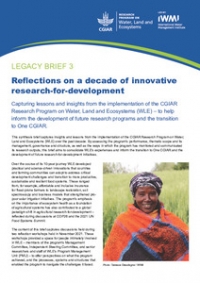Over one billion people are on the move, and this level of migration is not a new phenomenon. What does all this movement mean for the people who are left behind? A session organized by the International Water Management Institute (IWMI) at the 2016 World Water Week brought together experts from all over the globe to debate on the implication of migration and its complex inter-linkages with agriculture and natural resource management.
Changing patterns of migration
The nature of labor migration has changed over the years. According to Fraser Sugden, a senior researcher from International Water Management Institute (IWMI), “The great labour migrations of the Industrial revolution in Europe represented a break from the land. It offered a chance for a new start to farming families. In contrast, the vast majority of human migration in the 21st century is mostly seasonal or temporary movement of labourers who still retain strong and binding links to their home communities.”
Migration has also led to demographic shifts. In Africa and much of Asia, increasing male-out migration has transformed gender: agriculture is increasingly becoming the domain of women who stay behind, as they try to meet the food needs of the extended family while migrants meet cash needs. In China, there has been a generational change, where younger people are migrating and older ones are left behind to manage the farms.
So, how do these changes impact water and agriculture?
Water and agriculture go hand-in-hand. However, access to water is becoming increasingly erratic due to climate change. The economic stress that results from the uncertainty encourages people to move away from farming and look for alternate incomes. Migration often has a negative impact on agriculture, water access, and water governance. When key members of the household travel abroad, it significantly increases the vulnerabilities of those who stay behind, who often lack access to information, adequate agricultural knowledge, and water. Migration also directly impacts the sustainability and functionality of irrigation institutions as there is limited (and, at times, even an absence of) women’s participation in its management.
What next?
Policies need to adapt to the new reality of migration especially for the people who are left behind. In Dr. Sugden’s words, “Water management interventions need to be sensitive to demographic change. Most of the water programs on women are still focused on traditional areas, like kitchen gardens or sanitation. While these are important, we also need to take note that women are now managing major irrigation canal systems and they are responsible for staple grain production. They are taking up roles which have been male dominated in the past. The policies need to catch up with this change.”
Migration has positive impacts as well. Not only do migrants help in transferring new knowledge in the places they go, they also send back remittance money which is steadily increasing to help their families manage expenses back home. “How can we connect these policy debates to the reality of migration and huge remittance income coming back? According to the World Bank, remittances in Sub-Saharan Africa in 2013 [in terms of official inflows) reached about $33.2 billion and Overseas Development Aid was about $46.8 billion, a lot of money is coming back into the country and it is important to look into where it is invested”, noted Dr Alan Nicol who is the leader of Governance, Gender and Poverty theme at IWMI.
To conclude, there are huge opportunities and equally huge gaps because of the changing nature of labour migration. Even as badly needed cash remittances flow in from overseas, different labour burdens are placed on those who remain behind—especially where agriculture is concerned. Migration is happening right now. We need to seek solutions for the people who have left, but we can’t forget about those who have been left behind.




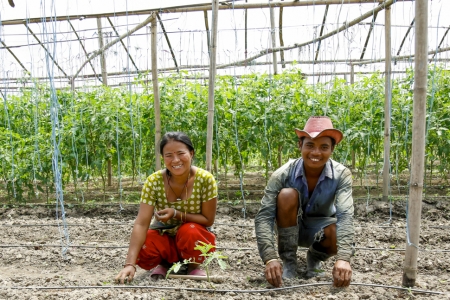
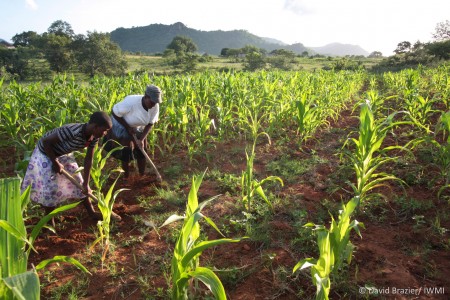

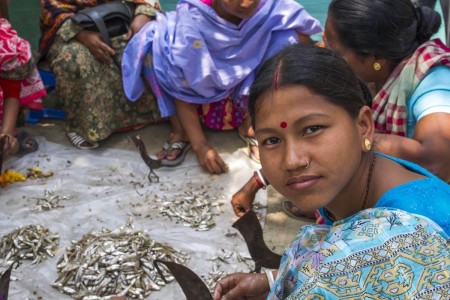
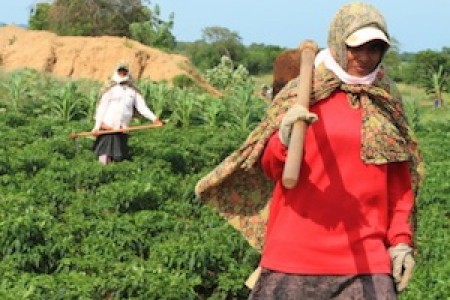
/index.jpg?itok=EzuBHOXY&c=feafd7f5ab7d60c363652d23929d0aee)


